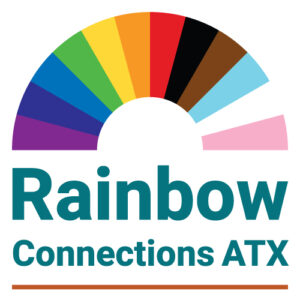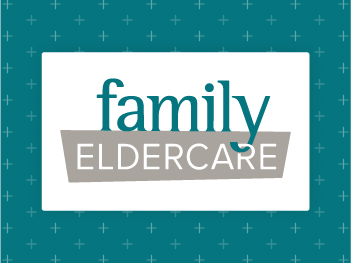November is Transgender Awareness Month. It is an opportunity for transgender (or trans) people and their allies to educate the public about their experience. It is also a time to remember and reflect on transgender people lost to violence, discrimination, and prejudice. Family Eldercare and Rainbow Connections ATX (RCATX) hope to broaden your understanding of what it means to be trans and how everyone can support trans people in the Qmmunity. (Qmmunity is an expansive term that refers to everyone identifying as LGBTQIA2+.)

Understanding gender identity can be a complex concept for many people. Let’s keep it simple. When a person is born, a doctor typically labels that person male or female based on medical factors – chromosomes and genitalia. This is commonly referred to as sex assigned at birth or biological sex. This label has no connection to a person’s gender identity or the way they outwardly express their gender publicly. Gender identity, on the other hand, is about how each person feels internally and authentically. If it does not match their biological sex, that individual is transgender. A third aspect, gender expression, is how we each present ourselves externally. This includes clothing, mannerisms, body characteristics, and/or voice. How we express ourselves is also not connected to our biological sex or gender identity.
Understanding that these three aspects of a person are not dependent on one another and exist separately is the first step in understanding the transgender experience.
You may be asking yourself, “how can I support the trans Qmmunity?” The organization GLAAD says it best: “When you become an ally of transgender people, your actions will help change the culture, making society a better, safer place for transgender people and for all people (trans or not) who do not conform to conventional gender expectations.”
GLAAD also has a great tip sheet for allies. They include listening to transgender people with an open mind; following transgender thought leaders like Chase Strangio, Laverne Cox, Equality Texas, Trans Education Network of Texas, and Human Rights Campaign; respecting the terminology they use to describe themselves; supporting a trans-inclusive workplace and gender-neutral restrooms; challenging anti-trans conversations; and knowing your limits as an ally. It’s OK if you are confused. Find resources that will help you be a better ally.
Maybe you’re ready to attend an LGBTQIA2+ event. RCATX celebrates its official launch this weekend but hosts public events year-round. Visit their website or calendar to find an event near you.
The Mission of Rainbow Connections ATX: To improve the quality and vitality of life for LGBTQIA2+ older adults by providing connections, support, and advocacy in the greater Austin area. We welcome any questions, volunqueers, and support at all our events! Email us or visit us online.



